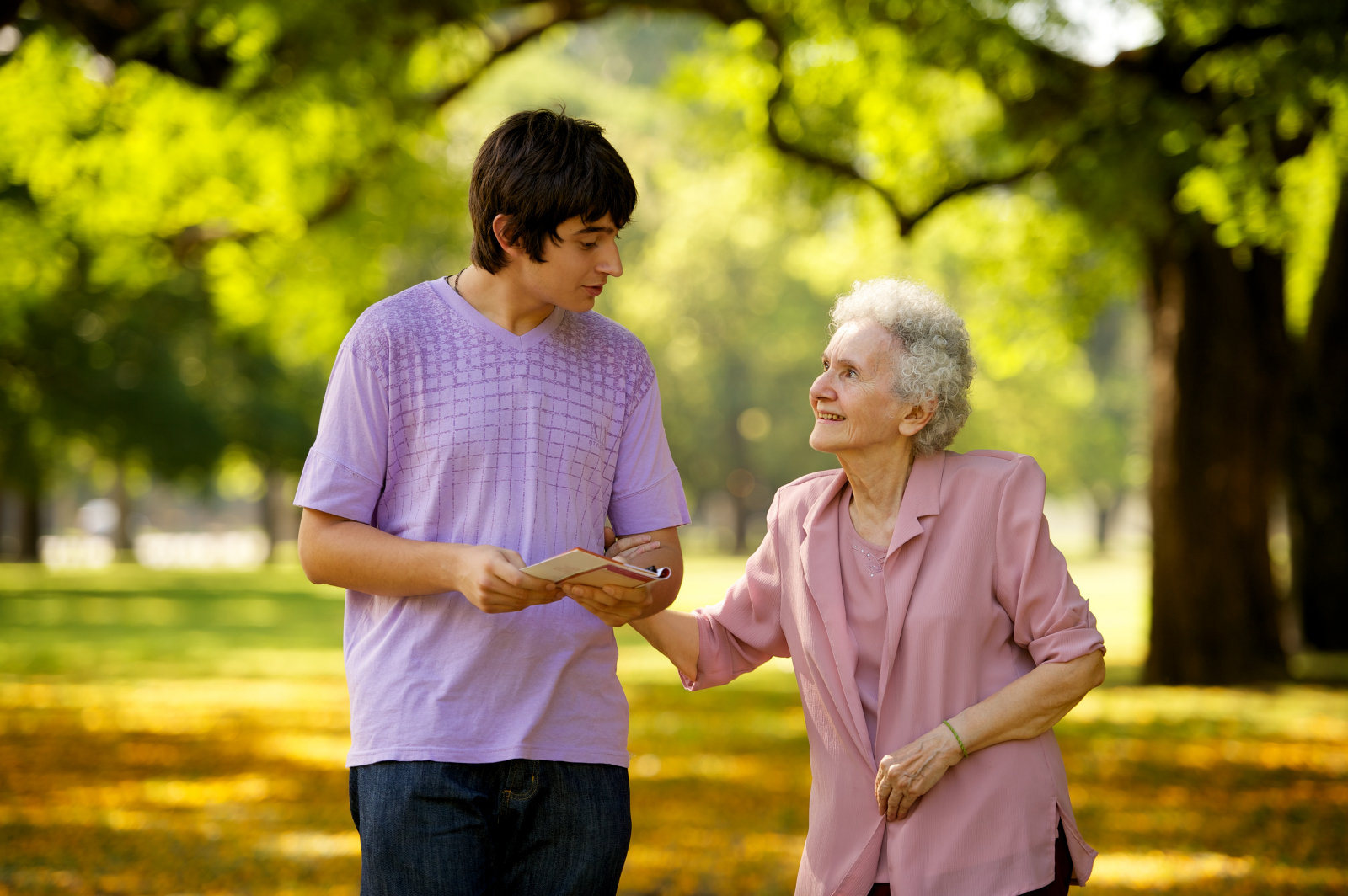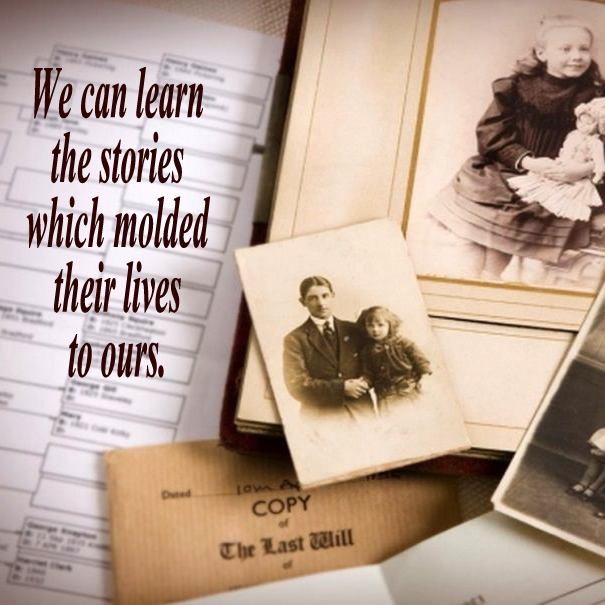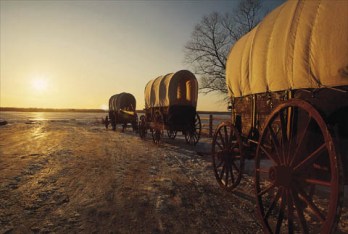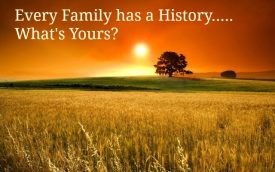What would it be like to never have known your ancestors? The scariest of ideas would be if we lived in some kind of science fiction world where we were born in a laboratory and had no memory of where we came from or who had lived before us. Lucky for us our life on earth is not that way. We are here through the lives of those who lived before us. We have learned from what they know from experience and wisdom. We learn to live better lives from what is passed down to us from our elders.
 Learning about where our families are from and what they experienced helps to connect the past with the present. Our personal identity is defined by who has come before us. In New Zealand, the Maori people, the natives of that country, must learn their family history to discover who they really are. We can do the same as we read and listen to the stories of our forefathers.
Learning about where our families are from and what they experienced helps to connect the past with the present. Our personal identity is defined by who has come before us. In New Zealand, the Maori people, the natives of that country, must learn their family history to discover who they really are. We can do the same as we read and listen to the stories of our forefathers.
Many who think about their own family history are overwhelmed with the idea of endless hours of searching online records only to not find a single soul in their family line. But the family search experience is much better than that. From family records and family pictures to online census records there are billions and billions of records and documentation of those who lived before us. There is an immensely, huge, positive feeling, which money cannot buy, from searching and finding those who came before us in this present time. Being from Jewish ancestry and doing research for my family, I have found over 200 of my family members and recorded their lives. It is amazing and if I can find family, then anyone else can too.
 The process in recording and starting the research for your family history is simple. Begin with these instructions:
The process in recording and starting the research for your family history is simple. Begin with these instructions:
1. Find a piece of paper and pencil or pen.
2. Write down your name, birth date and birth place. (If you are married, include your spouse’s information and marriage date.)
3. Write down the same information your parents and, if they are deceased, include death date and place, and burial date and place.
4. Write down your siblings’ information with spouses and their children.
5. Write down your grandparents’ information, including their marriage date and place.
By now you will notice that there is a lot of writing involved and not much research yet unless you do not know the above information or it is not close at hand. After this information is collected find another piece of paper. This is where it starts to get really interesting.
6. Write down your parent’s siblings’ information with spouses and children. With all of this information, you will have a start in the right direction of where to go to find the next level of ancestry. Finding where your great-grandparents are
from and who they are, what they did, and if from another county, what it was like to live there. There are fascinating ways to get to know your family. Even if your great-grandparents were born and raised in the United States; just learning how life was back during their time is interesting.
The is your base of information for who you will be searching for during the time you look online for records or ask family members to contribute. This base of information gives you the power and motivation to keep searching for the next level of grandparents.
The personal family history of our ancestors can be of great worth to us if we put forth the effort to find it. Everyone has a story to tell and through family reunions and researching our family history, we can learn what makes us the way we are. We can learn the stories which molded their lives to ours. We can learn what was important in their life. We can become whole from what we know about our ancestors. We can become better people.
About Valerie Steimle
Valerie Steimle has been writing as a family advocate for over 25 years. As a convert to The Church of Jesus Christ of Latter-day Saints, she promotes Christian living in her writings and is the mother of nine children and grandmother to twelve. Mrs. Steimle authored six books and is a contributing writer to several online websites. To her, time is the most precious commodity we have and knows we should spend it wisely.
To read more of Valerie's work, visit her at her website, The Blessings of Family Life.






